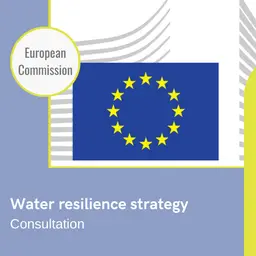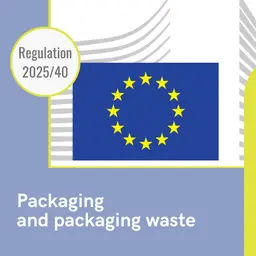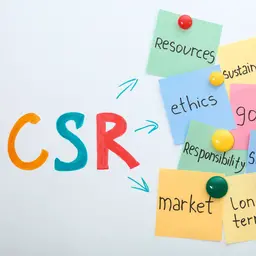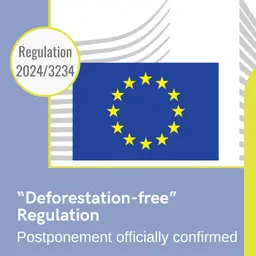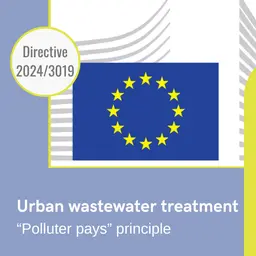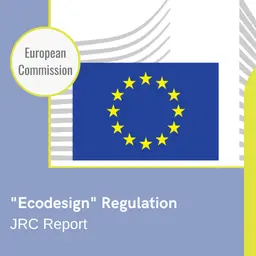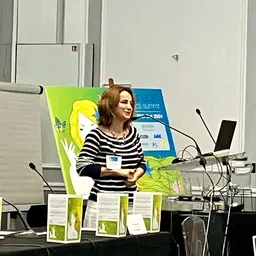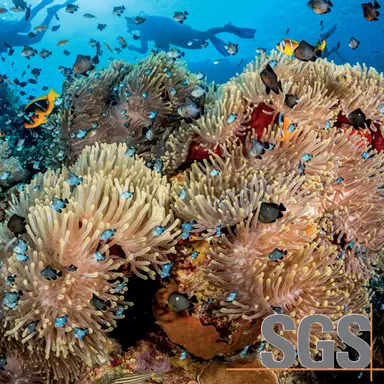
SGS, a specialist in the testing, inspection and certification of cosmetics, has joined forces with the Ephyla laboratory, via its EcoSeaStems initiative, to develop a complementary ecotoxicology test on corals. ReefTox aims to assess the toxicological impact of a cosmetic ingredient or product on a population of corals representative of tropical/indopacific bathing areas (known as the “coral triangle”).
Unlike what is already available on the market, this new test developed by Vincent Bourgeteau, a biologist at EcoSeaStems, assesses the toxicity of products on 50 species/specimens of hard and soft corals (ReefTox50), to obtain a true representation of the coral population. products on 50 species/specimens of hard and soft corals (ReefTox50) to obtain a true representation of the coral population.
A version based on 12 corals (ReefTox12) is also available if there is any doubt about the product or formula, to avoid the risk of damaging too many cuttings.
“Over the past year, our customers’ requests for tests have increasingly focused on the ecotoxicity and biodegradability of their products, making it possible to verify the effect of an ingredient or finished product on the environment. Testing the impact of suncare products on coral reefs enables us to support our customers in their quest for naturalness,” emphasised François Richeux, COO Cosmetic and Hygiene at the SGS Group.
“We are proud to have succeeded in developing this test, the first of its kind in France. Worldwide, a large number of cosmetics laboratories have banned chemical UV filters and switched to mineral filters. ReefTox is the ideal way of measuring the impact …

